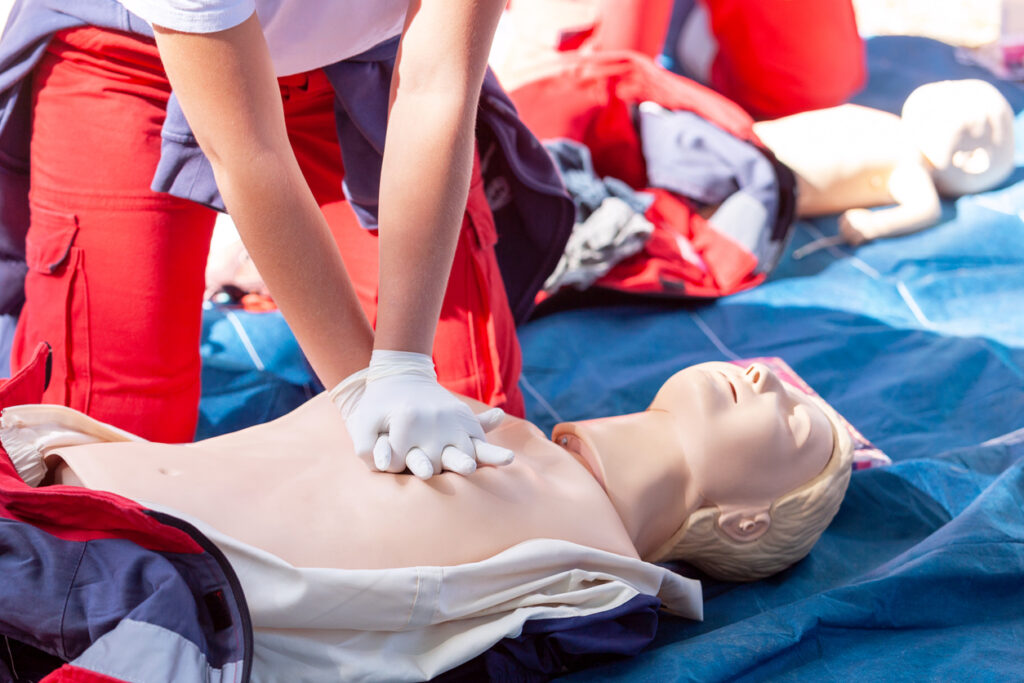Throughout the U.S., EMS agency leaders in both urban and rural areas grapple with the problems of personnel recruitment and retention. A lack of EMS staff means that 911 calls may go unanswered or response times may be longer, factors which directly affect patient care in emergency situations.
In many states, volunteer EMS agencies have permanently closed their doors; they simply cannot manage their 911 call volume due to a lack of appropriate staff or equipment shortages. Consequently, EMS agencies nationwide are coming up with innovative solutions to handle recruitment and retention issues in their communities.
Fostering Professional Development at EMS Agencies
In the workplace, many companies encourage their employees to participate in professional development training, according to the Society for Human Resource Management Professionals. Many non-EMS organizations spend time and money sending their employees to conferences or offer a variety of professional development training opportunities.

Management literature observes that investing in employee training has a tremendously positive effect on employee morale and contribute in a positive way to a work environment. It’s an important strategy for many organizations.
EMS agencies need to follow what other organizations do for professional development to attract and retain volunteers. Most states require that EMTs and paramedics take continuing education credit classes to renew their understanding of the issues involved regarding emergency situations and patients.
But while it’s true that these classes are important for maintaining emergency medicine skill sets, EMS agencies need to do much more for their employees and volunteers beyond just offering continuing education classes. Agencies should be offering professional development opportunities in leadership, management, and other areas to enable their personnel to acquire more skills and be even more effective in their organizations.
Vermont EMS Academy Offers Professional Development Opportunities, Despite Worker Shortages
NBC5 in Vermont published a recent article describing how the Vermont EMS Academy (VEMSA) is providing critical workforce training to interested students, despite EMS workforce shortages in the state. Vermont lost many paramedics to retirement, so using VEMSA’s services to train new personnel has proved beneficial.
Clearly, Vermont’s investment in professional development training for EMS providers is a great strategy that could potentially be adopted by other states. The training will not only help EMS personnel feel appreciated but will allow EMS agencies to improve their performance in future emergency situations.
EMS Agencies in the US Must Be More Proactive in Offering Professional Development
Overall, EMS agencies nationwide need to be more proactive and maintain the quality of their employees. The focus should be on employee development and productivity, which can be achieved by offering professional development to current employees. This strategy would help enable EMS agencies to better attract and retain their personnel, which in turn could alleviate EMS recruitment and retention problems.

Comments are closed.